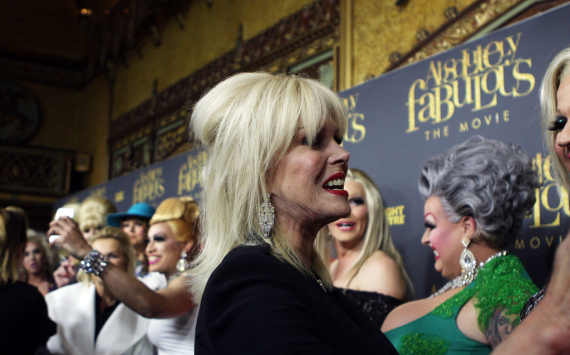
Cultural Critique Hits Jamie
Celebrity chef Jamie Oliver is under fire following the release of his new children’s book, Billy and the Epic Escape. The National Aboriginal and Torres Strait Islander Education Corporation (NATSIEC) has criticized the book, calling it “irresponsible and damaging.” Known primarily for his culinary expertise, Oliver’s attempt at storytelling has sparked backlash for reportedly misrepresenting and appropriating aspects of Indigenous culture. While Oliver’s work in the kitchen has earned him accolades, this latest project has stirred controversy, raising important discussions about cultural sensitivity and representation in children’s literature.
The book follows a First Nations girl raised in an Indigenous community, who later gets kidnapped by a villain. She possesses unique abilities like communicating with animals and plants, which she attributes to her “Indigenous way.” Critics, however, argue that such portrayals enforce outdated stereotypes and misunderstandings about Indigenous people. NATSIEC voiced concerns, describing these depictions as displaying “a deep lack of understanding and respect,” particularly for young Indigenous readers who may encounter these harmful stereotypes.
Further revelations show that neither Jamie Oliver nor publisher Penguin Random House consulted Indigenous communities in the book's development, a decision Penguin later acknowledged as an oversight. Sharon Davis, CEO of NATSIEC, stressed the need for genuine cultural consultation in creative projects, emphasizing, “We strongly urge Penguin Books and Jamie Oliver to reflect on the implications of their content and to take swift action to prevent additional harm.” NATSIEC has formally requested the book’s withdrawal from stores, citing specific concerns about the depiction of Indigenous characters and traditions.
Following this outcry, Oliver and Penguin have removed the book from circulation. Expressing regret, Oliver commented, “I am devastated to learn I’ve caused offense and sincerely apologize. I am listening, reflecting, and collaborating with my publisher on the best path forward.” Penguin echoed his sentiments, committing to improved consultation practices for culturally sensitive content in future publications.




































